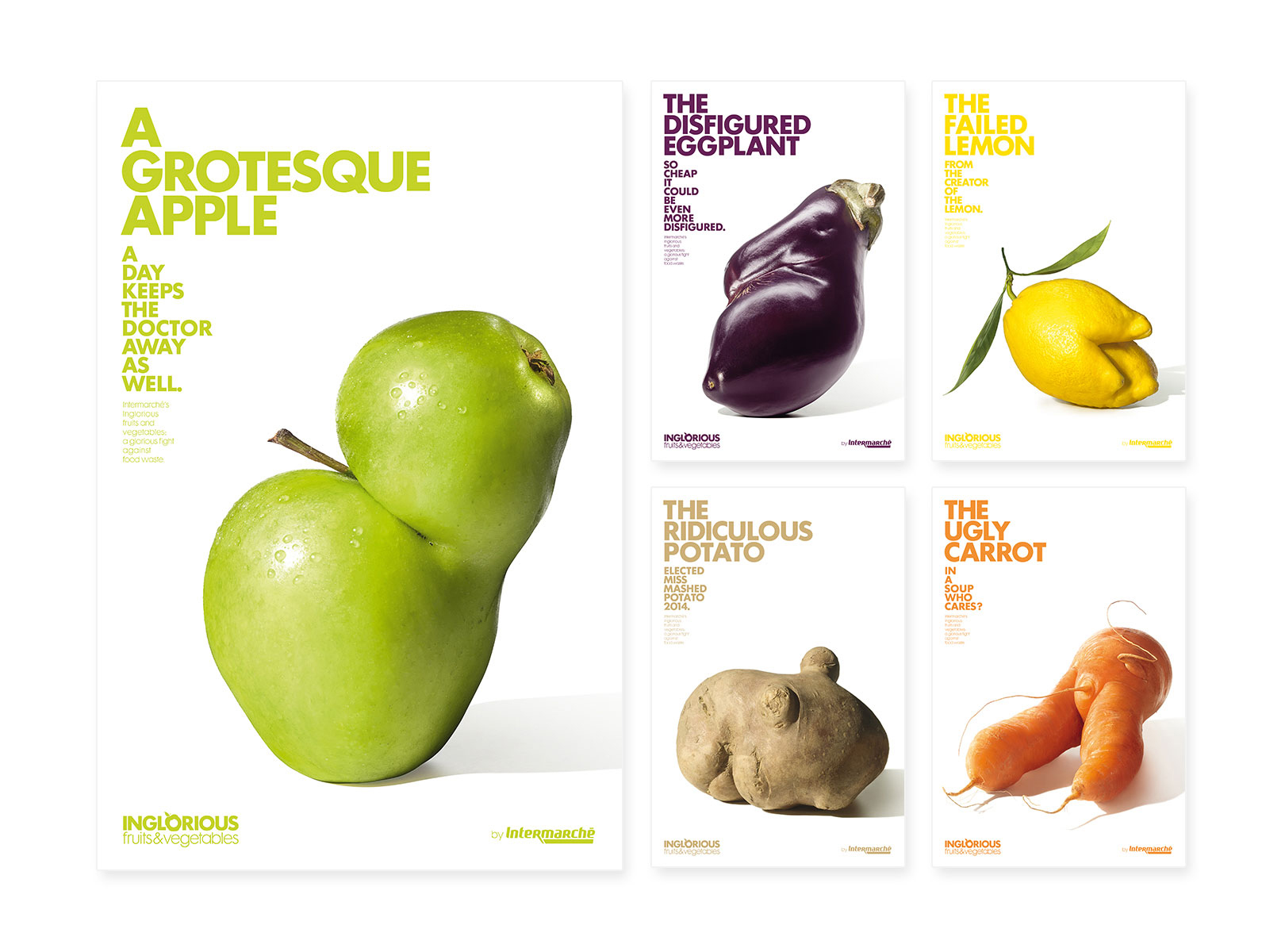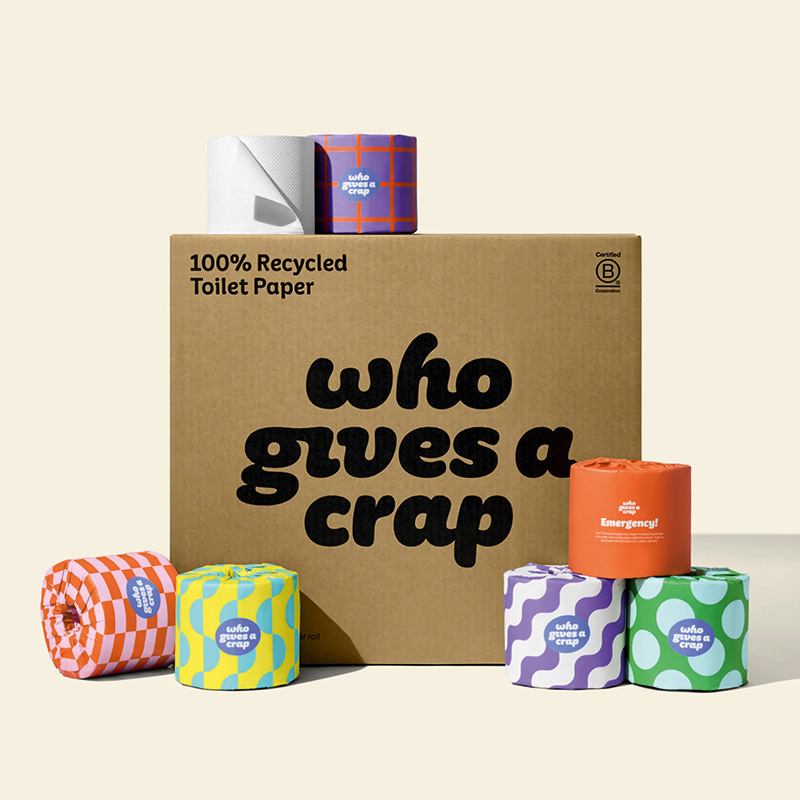Patagonia’s “Don’t Buy This Jacket” Campaign
In 2011, Patagonia ran a full-page ad in The New York Times telling people not to buy their jackets unless they really needed them. The idea was to raise awareness about the environmental impact of consumerism and encourage more thoughtful buying habits. Believe it or not, this bold move actually boosted their sales by 30%! It showed that taking a strong ethical stance can really resonate with people and build brand loyalty.







